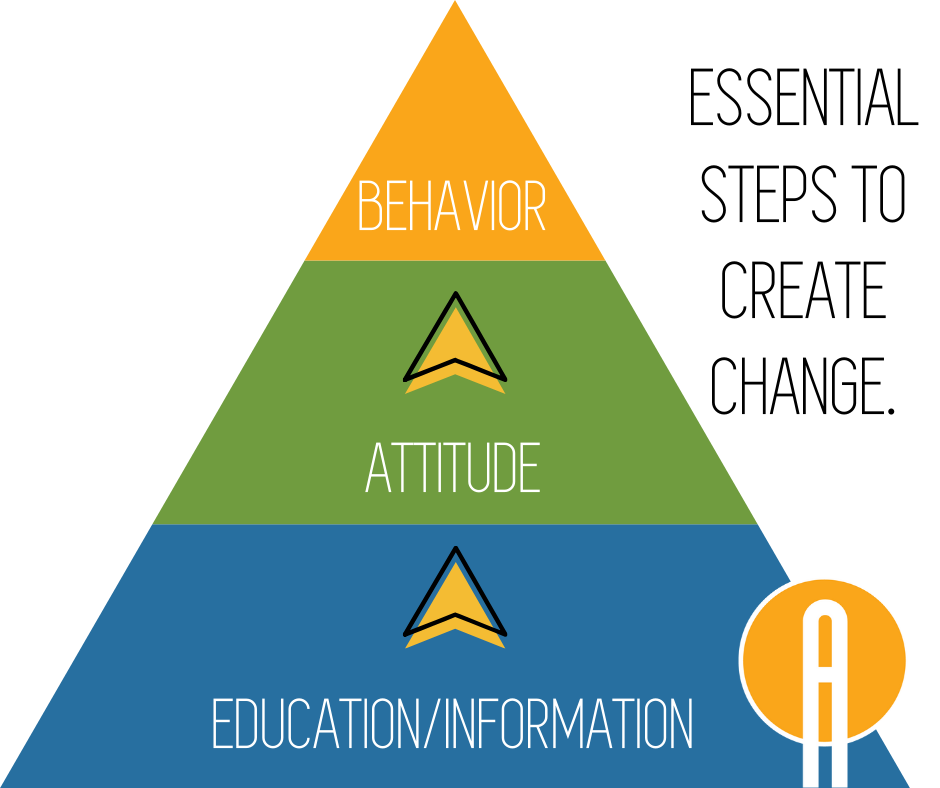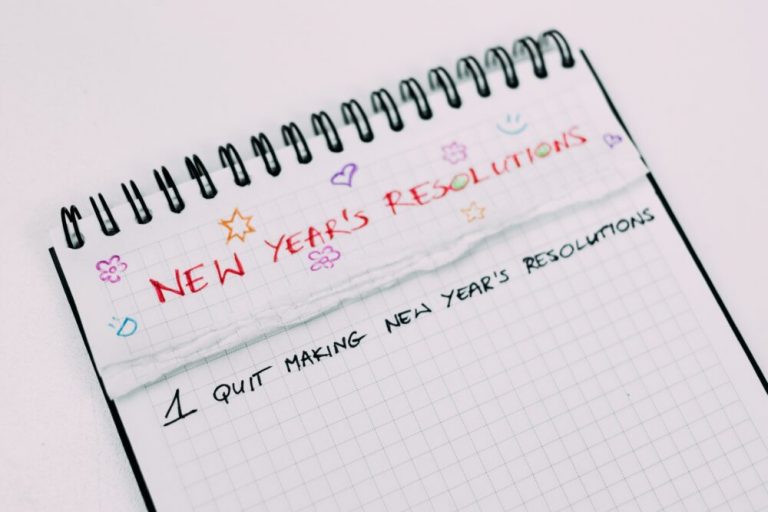
How do we change behavior? This is a question asked by scientists, therapists, educators, parents and pretty much everyone and the research shows this order of how people change: knowledge, attitude, then behavior.
Behavior can be hard to adjust. I know I’ve felt this in my personal life. I’ve been working on losing weight and those bad habits are hard to change. At certain times of the day I get cravings for sweets and my schedule has odd hours so I often run through a drive through then remember to pack a healthy snack.
So I KNOW what I should do to lose weight. I’ve read the health books and the articles and talked to a doctor. I’m not ignorant of the actions I need to take. But despite that knowledge, behaviors are harder to adjust.
That’s why programs, preventative education and classes that only focus on knowledge don’t necessarily change the person. Students can have knowledge of what to do and what NOT to do online, but that doesn’t mean they’ll do it. In my experience teaching hundreds of students, for the most part they have some awareness of the dangers of the Internet.
Knowledge, Attitude, Then Behavior

Knowledge is just the first step to behavioral change. We don’t need to just inform, we need to encourage attitude adjustments.
This quote from researchers Schrader and Lawless describe this connection from knowledge to behaviors.
“…Behaviors can inform attitudes…attitudes are influential in attention. Thus, attitudes can impact what an individual perceives, and therefore impacts knowledge gains…the relationship between these three dimensions-knowledge, attitudes and behavior is dynamic and sometimes reciprocal.”
To lose weight I just to change my perception of food. I need to see food and the habits I’ve created differently. Only then will it spur me to action. Our attitudes can be described as our feelings and perceptions towards a subject—Like how I need to have better feelings towards vegetables.
And students need to shift their feelings towards their online behavior. They can’t just focus on what others tell them to do, but how they feel towards the topic. Only when they decide who they want to be online, and how they want to be a positive digital citizen will they just their behaviors.
The knowledge, attitudes, & behaviors approach how to evaluate performance and learning in complex environments Performance Improvement 43(9):8 – 15 · September 2004 with DOI: 10.1002/pfi.414043090






